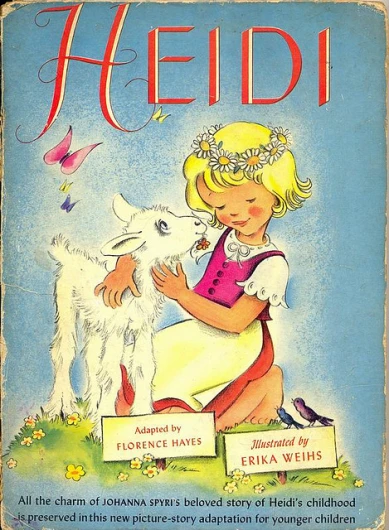Dyslexia Hero: How getting a dyslexia assessment made me feel at 49.
Let's explore what it is like to get a dyslexia assessment at 49 years of age? Then let's look back on how living with dyslexia has been in this beautiful story of hope and determination.
Foreward from John Hicks
I absolutely love making meaningful connections with people and recently on my Twitter feed I found that one of my posts about the 8 signs of poor self esteem had been retweeted by @dyslexiclibrary with some lovely comments.
Upon further investigation, I realised that @dyslexiclibrary has a wonderful blog about books which is collated by a mother and daughter duo in Ottawa, Canada. Both of whom are dyslexic.
I had a look through their blog and found this lovely article about the mother and her experience of getting a dyslexia diagnosis at 49 and what that meant to her.
I am proud to make @dyslexiclibrary this week's #dyslexiahero feature.
I have posted a little bit of the article below and you can click through to her blog for the rest of the article.
@dyslexiclibrary writes...
My #dyslexia story. Something lost. Something found.
I was identified as dyslexic at the age of 49. It was like finding the missing piece of an unfinished puzzle. Finally, my life made sense. In the days that followed, I did what I always do: I wrote it out. Then, I published my story on my book blog
Lost and Found Books.
Here is my dyslexia story. Something lost, something found.
I love books. I don’t love reading them.
A strange admission for a writer and book lover. But it’s time I told the truth: I find reading hard. At times, reading makes me uncomfortable and anxious.
That’s because I’m dyslexic.
I got the diagnosis last week. A revelation after my 49-year-battle with the written word.
School was the worst. In my day, schools did not accommodate for learning disabilities. Neurodiversity was not a thing. You were either lazy or stupid. Take your pick.
I was diagnosed after a lengthy battery of tests that took place over several weeks. When the psychologist delivered her diagnosis she asked me:
“How did you get through without any learning supports? How did you do it?”
The answer is simple: I didn’t know any better. Also, I was stubborn, contrary, and a dreamer. These things, I’ve discovered, can get you through just about anything.
 |
| Free 2 month software trial available. |
And here is how it went. My life with dyslexia:
My preschool years. I clearly remember having trouble learning simple things: adding numbers, learning the alphabet, telling time, tying my shoelaces. Thankfully, my parents never seemed to worry about it. I wasn’t labelled a slow learner at home. These years, the years before school, were pure bliss.
Me in primary school. My mom remembers getting the call from school: my grade 2 teacher said I couldn’t read. Perplexed, the teacher told my parents that I might be colour blind. They sent me to an eye doctor, who found my eyes to be in perfect working order. It was something like the test documented in this
1944 Life magazine article on dyslexia.

My home was full of books. It didn’t matter that I didn’t read them: I learned to appreciate their beauty and wisdom. My favourite was a pretty picture book edition of
Heidi. I got lost in the illustrations, and the story of a little girl overcoming adversity.

I had an active imagination: I became a storyteller. I kept a daily journal. I started a newspaper to report on family gossip. (No wonder I am drawn to blogging.) My mind was full of stories, on a constant loop. And always with a happy ending.
Me in middle school. While the smarter kids got streamed into French immersion, my teachers recommended that I stay in the English program. I was secretly relieved.
 |
| For parents and SENCO's of SEN kids. |
Me in high school. Anxiety was my constant companion.
Do not, do not, ask me to read out loud. Please, please, please I beg you don’t make me do a math problem in front of the class.
My math teacher started tutoring me. At some point, I don’t remember when, he gave up. He said I would
never learn how to do math (“some girls don’t,” he said). So why try? I dropped math. Same for science.
Writer John Irving, who speaks eloquently about his dyslexia, has said: “I simply accepted the conventional wisdom of the day—I was a struggling student; therefore, I was stupid.”
I
felt stupid, but I never actually
believed it.
 |
| Book your place today. |
